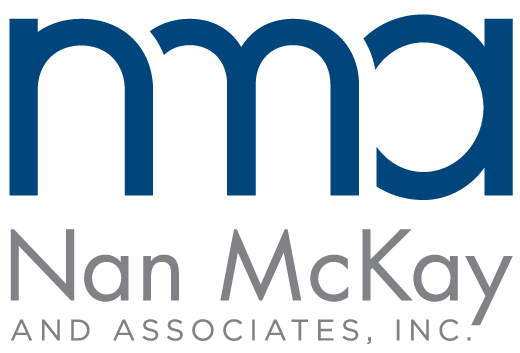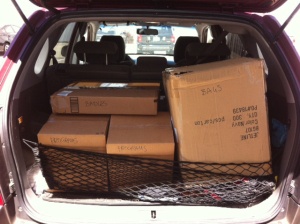A practitioner's perspective on the Rental Assistance Demonstration (RAD) program
 In the Rental Assistance Demonstration (RAD) program, housing authorities are invited to apply on a competitive basis to convert portfolio properties into Section 8 contracts.
In the Rental Assistance Demonstration (RAD) program, housing authorities are invited to apply on a competitive basis to convert portfolio properties into Section 8 contracts.
A primary provision of RAD is to provide PHAs with access to debt financing in order to address a particular property's immediate and long-term capital needs through rehabilitation. To qualify, housing authorities must not only make timely application during an upcoming short window, but also nominate properties that meet both HUD and lender underwriting criteria.
Due to the anticipated level of interest in RAD, it's critical that applications be meticulously prepared. Omissions and lack of supporting documentation will result in disqualification during the initial review period. Here's what you need to know:
- Participation is limited (the number of units that can be converted to Section 8 through RAD is capped).
- RAD is a pilot program. It is, by definition, experimental, and won't be suitable for all public housing properties, specifically those with unusual conditions, issues, or problems. Use careful advance consideration when determining which properties are best suited to participate.
- While the notice encourages applications from a diverse group of applicants, pilot programs tend to be most effective with "low-hanging fruit" — that is, properties with modest repair/rehab needs and no operational issues.
- With limited exceptions, a PHA must be classified as Standard or High Performer in order to be eligible.
- Acceptance into the program isn't a guarantee of success. A property may be accepted only to later discover that it can't support any debt, or can't support enough debt to undertake a meaningful level of rehabilitation.
- Historically, lenders have had a difficult time determining how to underwrite the income stream of public housing projects. When deciding whether to convert PBVs or PBRA, consider whether your lender is more comfortable with underwriting one form of assistance or another. It may impact your agency's ability to obtain a loan.
- Any existing debt (other than Section 4 debt) must be paid off, or the lender will have to agree to subordinate to the new debt and use agreement. Properties with significant existing debt are not likely to be good candidates for the pilot program.
- One of the most likely sources of financing would be through a new FHA-insured first mortgage. While loans pursuant to both 223(f) and 221(d)(4) are contemplated by the Notice, the process for obtaining approval of a d(4) can be much more involved, and would require a much higher level of debt service. Projects which are in need of repairs that rise to the level of "substantial rehabilitation" may not be good candidates for RAD.
- The RAD program is funded at zero dollars. To get involved, you'll need to prepare, support, and submit an application.
With over 30 years of experience in the affordable housing industry, VP of Professional Services Carrol Vaughan ensures that NMA continues to help PHAs better serve their communities.
Together with Greg Klaas of Signet Partners, she'll be hosting the debut of the new NMA phone series, "Ask the Experts." The premiere episode will focus on the RAD program and is scheduled for Wednesday, April 25, 9AM Pacific Time. To register, email marketing@nanmckay.com.
To learn more about how NMA can help with RAD applications, visit our website.


